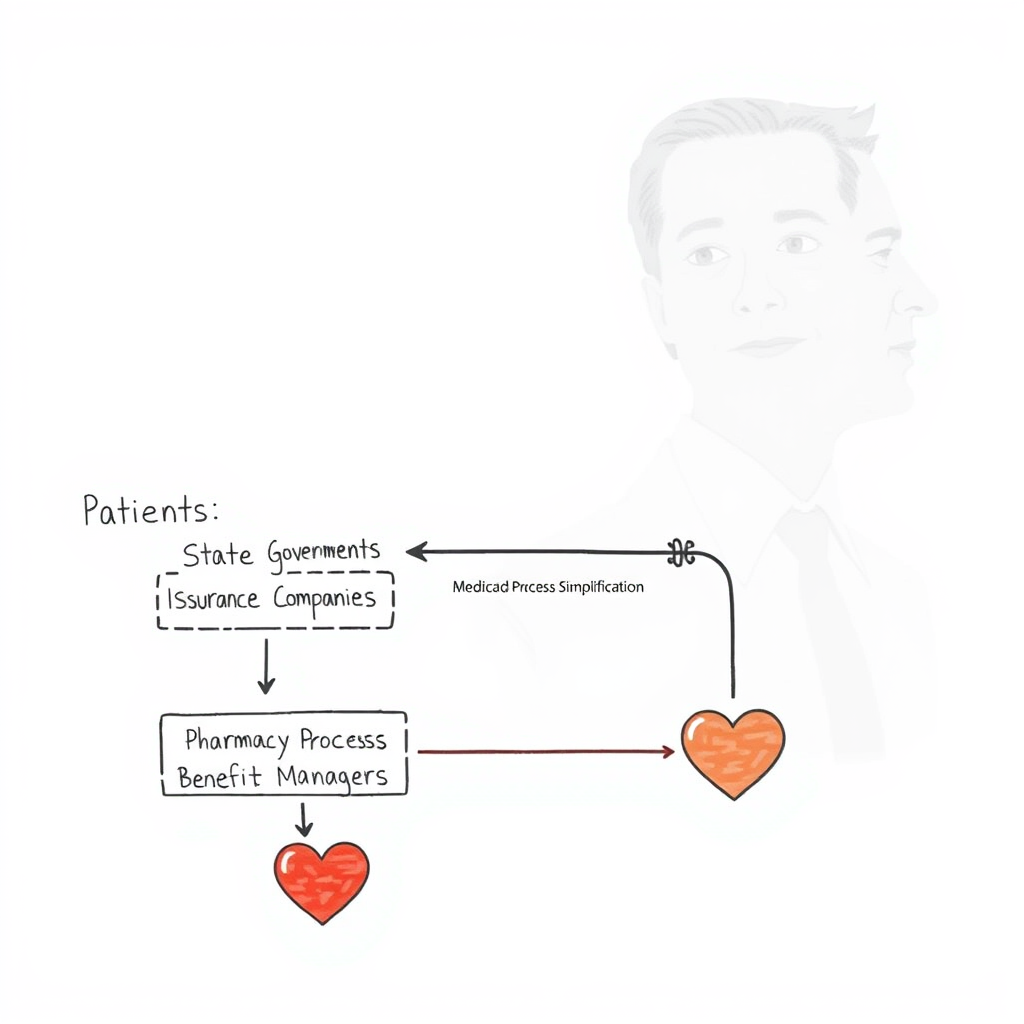Mark Cuban’s Surprising Medicaid Reform Solution

Billionaire Mark Cuban has proposed a surprising solution to the ongoing debate over Medicaid funding, advocating for systemic simplification rather than benefit cuts. The proposal comes as Congress grapples with fulfilling President Donald Trump’s promise to avoid reductions to key entitlement programs like Social Security, Medicare, and Medicaid, while simultaneously seeking to control federal spending.
Recent comments from Elon Musk suggested potential cuts to entitlement programs to address waste and fraud, estimating potential savings of $600-700 billion annually. However, Cuban, owner of the Dallas Mavericks and a regular on “Shark Tank,” publicly disagreed with this approach.
In a post on X (formerly Twitter) Wednesday, Cuban stated his opposition to reducing Medicaid benefits, even suggesting an increase. He argues the current system, which channels federal funds through state governments and various intermediaries, is inefficient and ripe for cost savings. Cuban specifically points to state-level “provider taxes” and the role of insurance companies and pharmacy benefit managers as areas contributing to unnecessary complexity and expense.
“The way the system is currently constructed…is backwards,” Cuban wrote. He believes focusing on “Medicaid Process Simplification” is a politically viable path forward, framing it not as a reduction in benefits, but as an improvement to the system’s efficiency.
Cuban advocates for a patient-centric approach, prioritizing healthcare delivery rather than budgetary constraints. He acknowledges there’s no single solution, but believes streamlining processes and eliminating opportunities for “arbitrage” – the exploitation of price differences in different markets – can yield significant savings for taxpayers and improve the overall healthcare system. He directly tagged the Department of Health and Human Services (@HHSGov) in his post, suggesting they consider this approach.
While many politicians shy away from tackling the complexities of healthcare funding, Cuban’s proposal offers a potentially pragmatic alternative to the contentious debate over benefit cuts. It’s a refreshing perspective, focusing on systemic improvements rather than simply reducing access to care. The challenge, of course, will be navigating the political hurdles and entrenched interests that often impede meaningful healthcare reform. However, Cuban’s emphasis on simplification and patient-centric care deserves serious consideration.